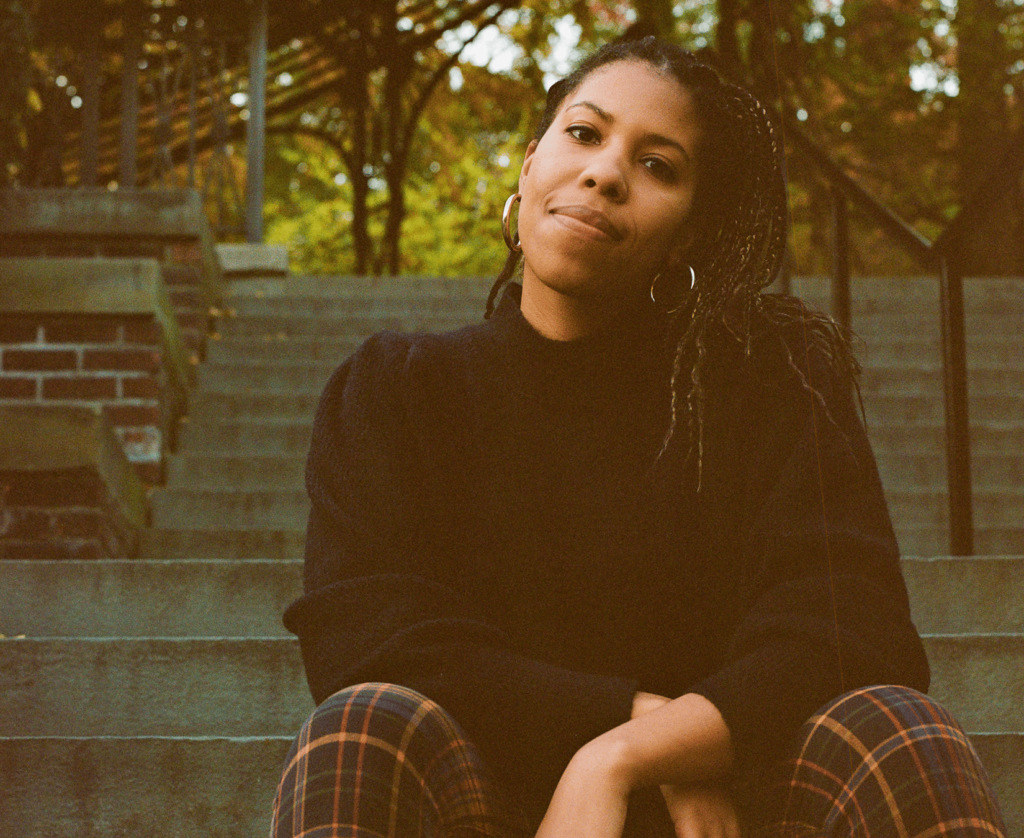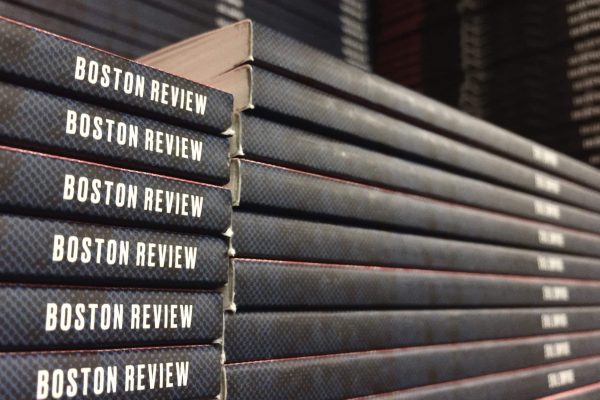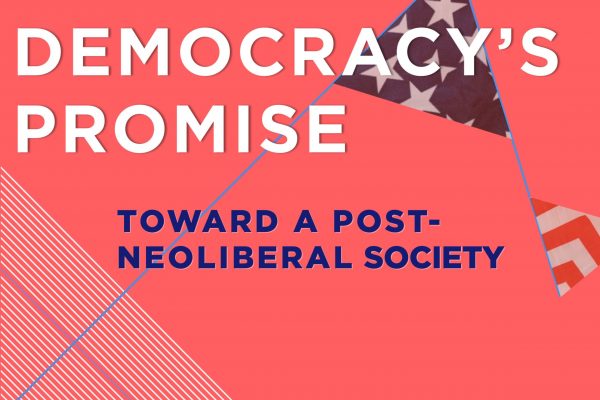In the spring of 2021, I was desperate to become a writer. I had spent the summer of 2020 writing furiously about the global uprisings challenging police violence and terror. I wanted the space and time to consider demands to abolish, defund, and –in some cases— “reimagine” police. As an education advocate, I was intimately familiar with the ties between carceral and educational systems. I wanted to untangle them, to better understand how care became carceral in the first place. Boston Review gave me that chance.
In an unforgiving media landscape, Boston Review’s Black Voices in the Public Sphere fellowship program handed me a bounty few early-career writers ever receive. They gave me the space, time, and freedom to explore core questions about Black history, politics, and movements. They gave me Robin D. G. Kelley as a mentor, one of the most influential Black historians living today. They validated my questions, my curiosities, and writing. With their support and guidance, I spoke to and learned from Jamelle Bouie, Adam Serwer, and Morgan Jerkins. I developed a writing routine that I still rely on today as a freelancer and fellow at Mother Jones.
As a Black Voices in the Public Sphere fellow, I interviewed my heroes— Angela Davis, Dorothy Roberts, and Derecka Purnell. My first essay led to appearances on WNYC’s The Takeaway, conversations with book editors, and a contract with a literary agency. Perhaps most importantly, the fellowship gave me time—to try and fail, to read and discover new ideas. Without that time, I wouldn’t be a fellow at Mother Jones. I wouldn’t have helped launch Hammer & Hope or had the luxury to turn down offers that weren’t right for me. As I continue to make professional choices, I still rely on the Boston Review team for support and advice.
The Black Voices in the Public Sphere fellowship is a lifeline to writers in an age of digital media collapse. It is an investment in political possibility. We need this fellowship to remain available and accessible for years to come. Please give generously.
Sincerely,
nia t. evans, Black Voices in the Public Sphere Fellow ’21-‘22








